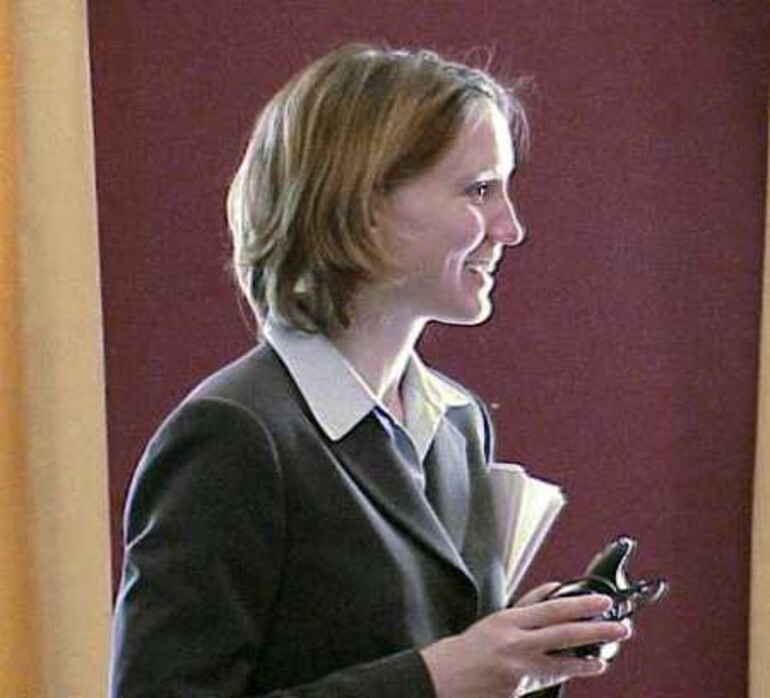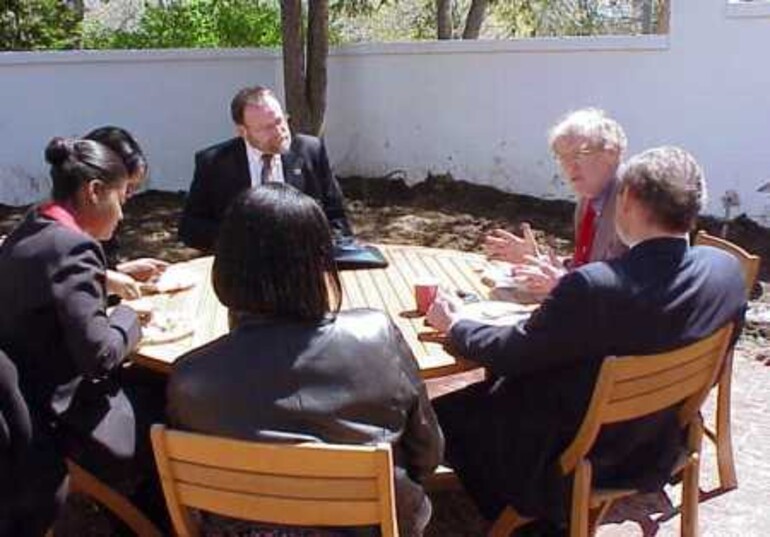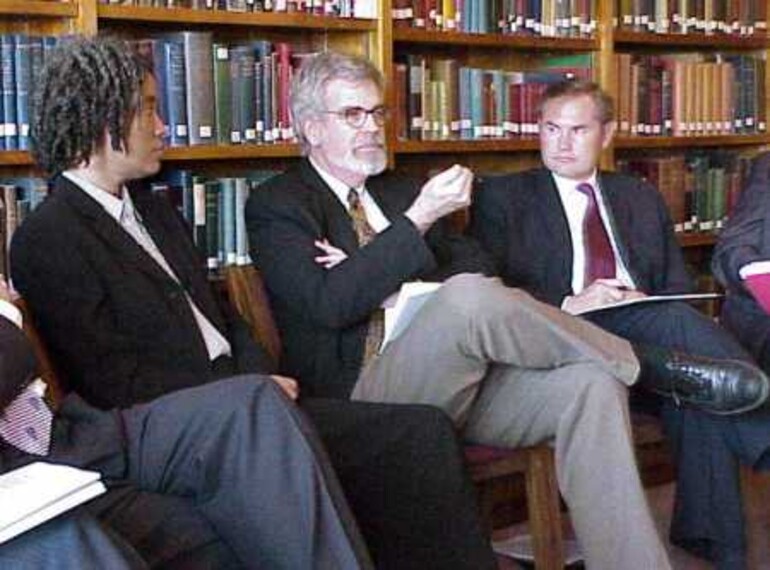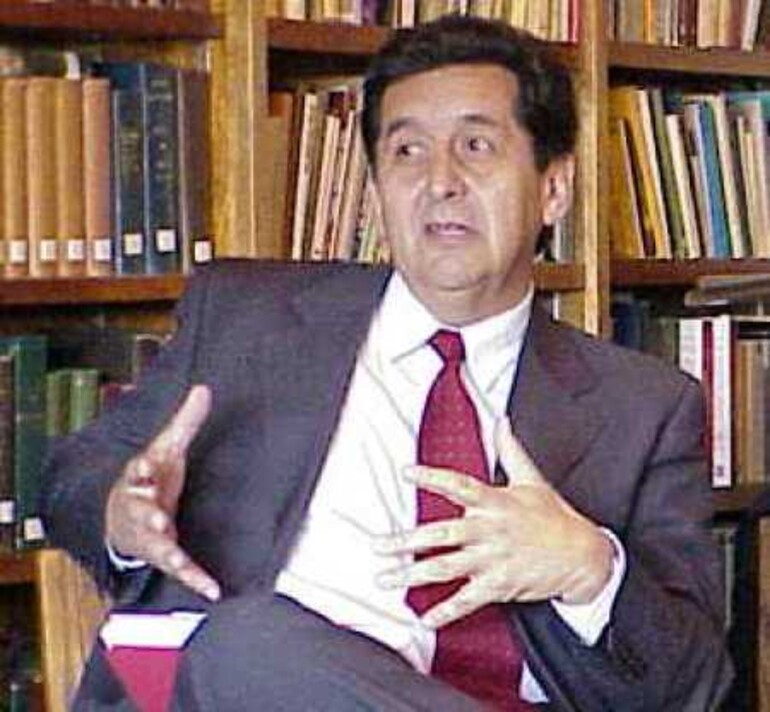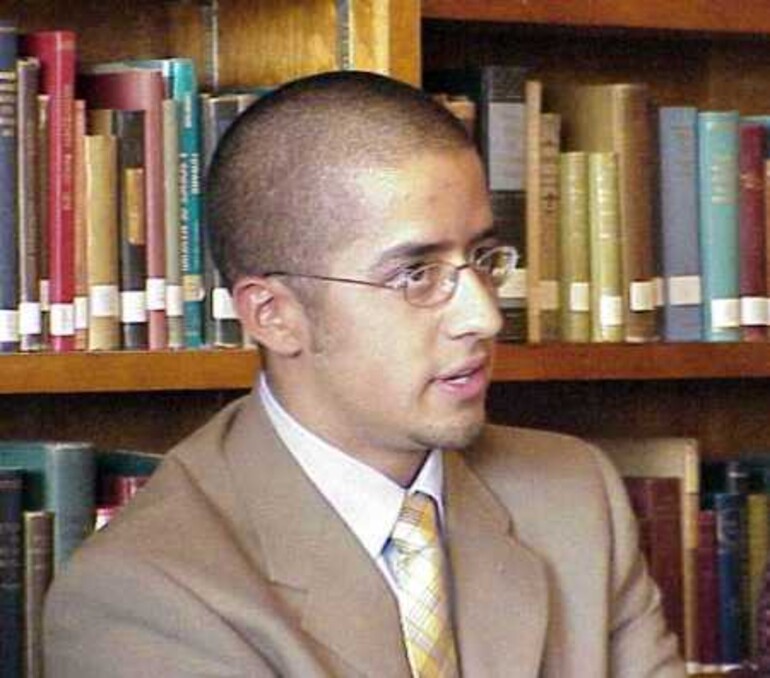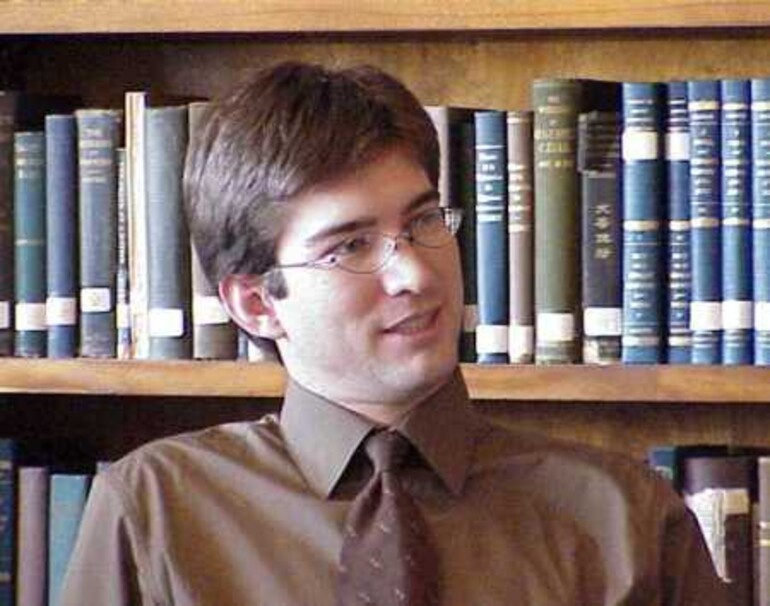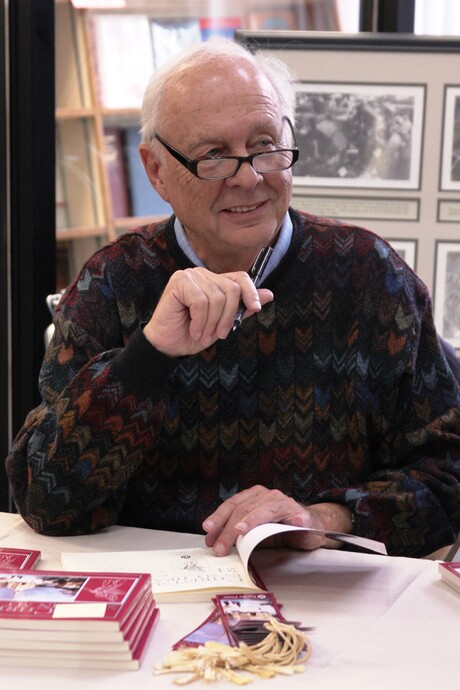Conference on Human Rights Organized by Adventist Organization In the first conference of its kind, leaders of national human rights organizations addressed Adventist attorneys and law students from different parts of the North American Division in April on Capitol Hill. A recurring theme of the conference was the conflict between Adventism’s historic opposition to slavery and the worldwide sexual trafficking in children and teenagers. Gerald Chipeur, an Adventist attorney who has repeatedly argued cases before the Canadian Supreme Court, suggested that “it would be natural for Adventist attorneys to organize themselves into efforts to free children from contemporary forms of slavery that endanger them both physically and psychologically.” The conference, organized by the Center for Law and Public Policy, a think-tank within the Adventist community, brought Adventist attorneys from different parts of Canada and the United States (including a judge from California), together with students from such law schools as Georgetown, George Washington University, the University of Virginia and Baltimore and Yale. The lawyers and students gathered in the Gold Room of the Rayburn House Office Building Friday, April 11, and again Sabbath morning at the Mott Building, opposite the U.S. Supreme Court. They heard speakers from such internationally recognized groups as Physicians for Human Rights, Lawyers’ Committee on Human Rights discuss broad issues: the inaccessibility of poor Africans to effective AIDS medication, and threats to civil liberties from legal measures taken by the U.S. Justice Department to fight the war on terrorism. Prominent evangelical Christian human rights centers explained how their approach focused more on specific cases of human rights violations. For example, Kristen Romens, educated at a small Christian college and Harvard Law School, explained that the international Justice Mission sends teams of former law enforcement officers and attorneys to places such as Thailand and India, to rescue girls from brothels, and help put their employers in jail. Following Romens’ presentation, Stephanie Tanada, a senior from California attending Columbia Union College, announced, ‘I have found my life’s vocation. I’m going to be a human rights attorney.” The conference concluded with two panels of Adventist attorneys and law students who have already committed themselves to fighting for human rights. One participant, Avis Buchanan, who worships in the same church where she grew up, the Dupont Park Seventh-day Adventist Church, is a graduate of Harvard Law School, and is the District of Columbia’s Public Defender’s Office assistant director, universally acknowledged to be the best in the nation. She pledged to implement one practical idea that came to her during the conference: to shorten the time over weekends between arrest and arraignment by opening previously closed offices on Sunday.
Conference on Human Rights
Organized by Adventist Organization
In the first conference of its kind, leaders of national human rights organizations addressed Adventist attorneys and law students from different parts of the North American Division in April on Capitol Hill.
A recurring theme of the conference was the conflict between Adventism’s historic opposition to slavery and the worldwide sexual trafficking in children and teenagers. Gerald Chipeur, an Adventist attorney who has repeatedly argued cases before the Canadian Supreme Court, suggested that “it would be natural for Adventist attorneys to organize themselves into efforts to free children from contemporary forms of slavery that endanger them both physically and psychologically.”
The conference, organized by the Center for Law and Public Policy, a think-tank within the Adventist community, brought Adventist attorneys from different parts of Canada and the United States (including a judge from California), together with students from such law schools as Georgetown, George Washington University, the University of Virginia and Baltimore and Yale.
The lawyers and students gathered in the Gold Room of the Rayburn House Office Building Friday, April 11, and again Sabbath morning at the Mott Building, opposite the U.S. Supreme Court. They heard speakers from such internationally recognized groups as Physicians for Human Rights, Lawyers’ Committee on Human Rights discuss broad issues: the inaccessibility of poor Africans to effective AIDS medication, and threats to civil liberties from legal measures taken by the U.S. Justice Department to fight the war on terrorism.
Prominent evangelical Christian human rights centers explained how their approach focused more on specific cases of human rights violations. For example, Kristen Romens, educated at a small Christian college and Harvard Law School, explained that the international Justice Mission sends teams of former law enforcement officers and attorneys to places such as Thailand and India, to rescue girls from brothels, and help put their employers in jail. Following Romens’ presentation, Stephanie Tanada, a senior from California attending Columbia Union College, announced, ‘I have found my life’s vocation. I’m going to be a human rights attorney.”
The conference concluded with two panels of Adventist attorneys and law students who have already committed themselves to fighting for human rights. One participant, Avis Buchanan, who worships in the same church where she grew up, the Dupont Park Seventh-day Adventist Church, is a graduate of Harvard Law School, and is the District of Columbia’s Public Defender’s Office assistant director, universally acknowledged to be the best in the nation. She pledged to implement one practical idea that came to her during the conference: to shorten the time over weekends between arrest and arraignment by opening previously closed offices on Sunday.




